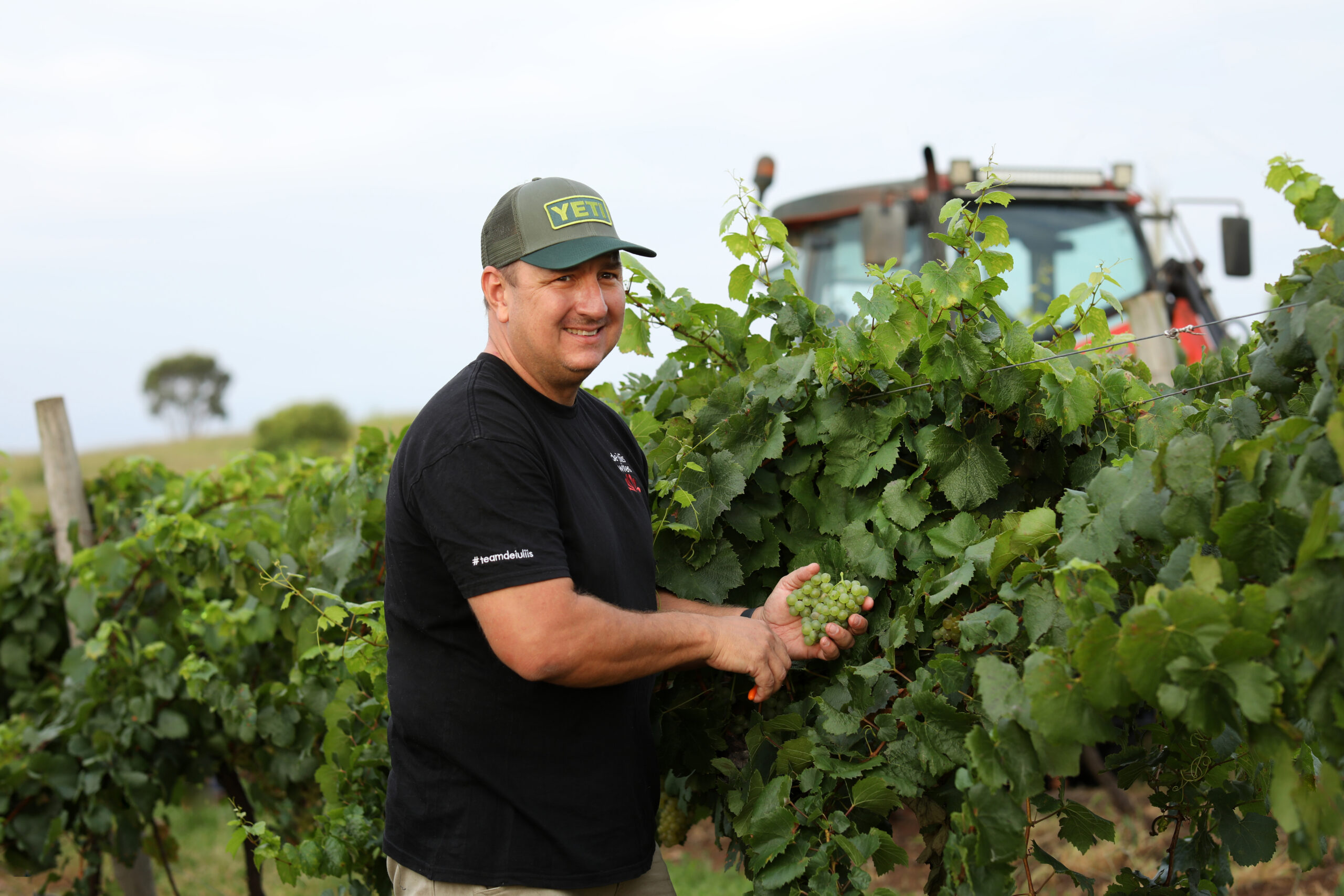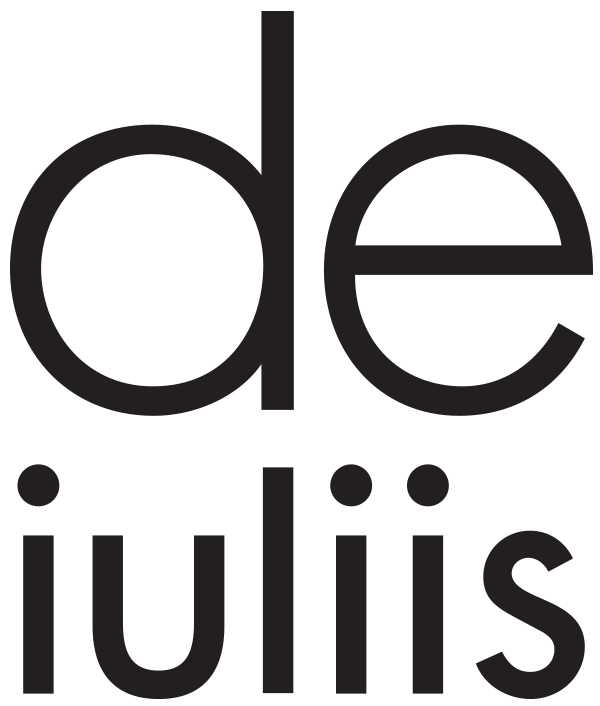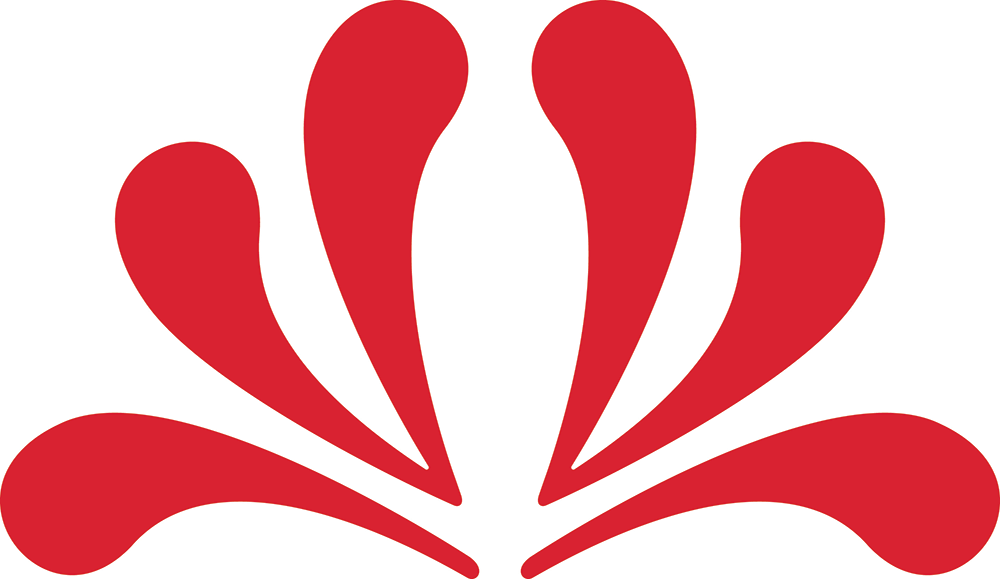
An impressive 65% of Australian wine drinkers prefer sustainably made wines, making it an area wine producers can’t afford to ignore. Sustainable Winegrowing Australia’s recent report showed a 48% growth in the uptake of the voluntary national certification program. Even with the industry facing extreme weather events and inflation pressures, the statistics demonstrate that sustainability is a major priority for producers. Sustainable practices are essential in ensuring the Hunter Valley wine industry remains competitive while protecting the land, the vines and the quality of wine the Hunter is renowned for.
Four years ago, Mike de Iuliis of De Iuliis Wines implemented a solar system in their winery. “Refrigeration is a huge part of the winemaking process, and we make wine in the hottest months of the year and process grapes at the hottest time of day. Solar has reduced our power bills by 75% so we’ve just implemented it at the cellar door as well,” he explained.
Winemaking is heavy on water usage and according to Mike De Iuliis, “we’ve always been frugal with our water in the winery as we’re not on town water. We added extra rainwater storage tanks and use dam water for basic cleaning so that any bought water is only used for hygiene purposes.”
Wine packaging is one of the most carbon-intensive areas and working with like-minded suppliers is critical. When De Iuliis re-branded, they took the opportunity to choose a lighter bottle and to standardise all their bottles and cartons to one size, reducing waste.
When they prepare members’ packs, the empty cartons are then re-used on the bottling line. Mike said, “Members packs make up 30% of our sales, so it just made sense to recycle the cardboard for a second use.”
As for all those empty cellar door tasting wine bottles, he mused, “we used to pay someone to take them and recycle them, but now a local business called the Smash Room collects them to use. It’s a win–win for everyone.”
By Cathy Gadd for the Winter 2023 Edition of Hunter & Coastal Lifestyle

